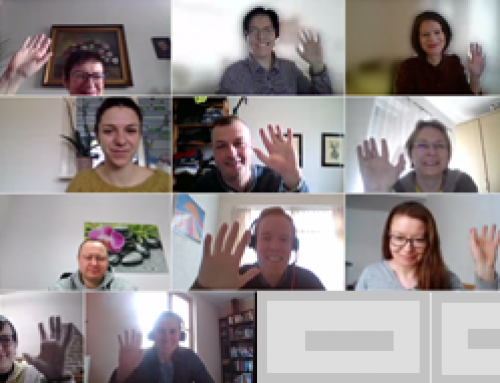Overview of suitable regional policies to support bio-based business models
New public deliverable D4.2 is published

Within POWER4BIO, a new publicly available deliverable was created. This report presents the outcome of Task 4.2 in the POWER4BIO project. The aim of this this report is to give an overview of public policies and regulations for the bio-based economy (BBE) with special attention to policy integration over different scales (from EU, national to regional) and across different policy domains (environmental, sustainable development policy, energy, bioeconomy policy, etc.).
First it presents what type of policies can regulate and stimulate the development of a bioeconomy in a direction that is environmentally and economically sustainable. For this overview it is first explained how we can define the bioeconomy sector by presenting a bioeconomy system overview. This overview then provides an ordering mechanism to explain the different types of policies that can regulate and stimulate the bioeconomy in a region directly or indirectly.
Secondly, an overview of barriers to and opportunities for successful application of regional policies aimed at supporting or stimulating a bio-based economy is presented. This information may be used by regional policy makers and other stakeholders for assessing the context in which they operate, particularly for the development of their bioeconomy strategies. It explains the strategy adopted to identify and analyse these conditions and then presents barriers and possible solutions and a range of opportunities.
Thirdly, an overview of the EU policy instruments that have been developed in the last decade directing, setting definitions and goals and supporting development of the bio-based economy in Europe, is given. It emphasises that the bioeconomy development should lead to improved sustainability. Therefore, understanding how policies can regulate the development of a bioeconomy in a direction that is environmentally and economically sustainable is a key aspect to be taken into account. Much emphasis is also placed on what these EU policies imply in terms of actions for Member States and on understanding how EU policies and national and regional policies can and need to be integrated.
Fourthly, a long list of policies made as part of this study is compiled addressing the wide diversity of bio-based economy activities. From this list ten good policy examples were selected based on commonly agreed selection criteria. Policy factsheets were elaborated for the ten good policy examples. These are summarised in an integrative manner addressing issues such as type of instrument, main objective of the policy instruments, policy coherence, particularly links to EU policy instruments, impact of the policy instruments in time, money spent and objectives reached, arguments for categorising the instruments as good policy examples, replicability options for the policy instruments in other regions, similarity to instruments in other EU regions, barriers and solutions encountered in the development and implementation of the policy instruments.
The main aim of the detailed description and integrated analysis of the good policy examples is that it inspires policy development in other regions. The report therefore aims to provide knowledge on policy that can be used by different POWER4BIO regions partners that are working in Work Package 5 “Developing and reinforcing the bioeconomy in EU regions” of the project on the BBE strategies and roadmaps for their own regions. In the last chapter of the report, the main conclusions and recommendations of this study are presented. The deliverable D4.2 can be downloaded from the project material section of the POWER4BIO website.




